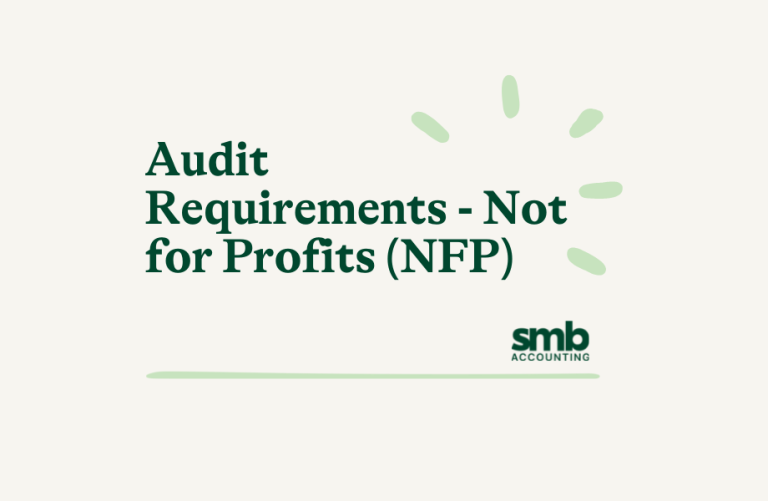For small business owners striving to leave a lasting footprint on their respective industries, the importance of accurate and efficient accounting practices cannot be overstated. Effective accounting is the backbone of any thriving business, playing a critical role in determining profitability, guiding financial decisions, and ensuring compliance with regulations.
While small business owners can easily get entangled in the day-to-day challenges of running an enterprise, taking the time to establish and follow optimal accounting practices can significantly alleviate some of the complexities often associated with financial management. By embracing sound accounting practices, startups and established businesses alike can harness the insights necessary to fuel growth and navigate an increasingly competitive landscape.
In this comprehensive guide, we will explore the essential aspects of optimal accounting practices for small businesses, delving into practical tips on managing cash flow, proper tax planning, strategic financial decision-making, and selecting the right accounting tools. Our aim is to empower small business owners with the knowledge and insights necessary to master their financial management and unlock the full potential of their businesses.
Whether you’re new to the business world or a seasoned entrepreneur, our guide will equip you with valuable tips and tools to overcome the challenges of small business accounting with confidence. By implementing effective accounting practices and leveraging financial data strategically, you can set the stage for robust, sustainable growth and achieve the level of success your hard work deserves.
1. Managing Cash Flow to Sustain Business Growth
Effective cash flow management is crucial for small business growth, as it enables businesses to:
– Settle financial obligations promptly
– Invest in expansion and development
– Build a buffer for unexpected expenses
To optimise cash flow management, consider these strategies:
– Implement invoicing best practices: Ensure timely and accurate invoicing, including clear payment terms, and use automated invoicing systems to minimise errors and delays.
– Monitor expenses and reduce costs: Regularly review your business’s expenses to identify potential cost reductions and monitor for unnecessary spending.
– Negotiate favourable payment terms with suppliers: Seek flexible payment terms that align with your cash flow needs, such as extended repayment periods or discounts for early payments.
2. Effective Tax Planning for Small Businesses
Proper tax planning is an integral aspect of accounting practices for small businesses, as it can help you:
– Minimise your tax liability
– Ensure compliance with tax regulations
– Maximise deductions and tax credits
To effectively plan your taxes, consider these tips:
– Stay informed: Familiarise yourself with the latest tax regulations, deductions, and credits applicable to your business.
– Maintain accurate records: Ensure all relevant financial records and documentation are up-to-date, well-organised, and readily accessible for tax filing purposes.
– Consult with a tax professional: Engage a knowledgeable tax advisor to help you navigate complex tax laws and optimise your tax position.
3. Strategic Financial Decision-Making for Growth
Strategic financial decision-making is essential for small business growth. It involves:
– Budgeting: Developing realistic financial projections and budgets based on your business’s goals and performance.
– Capital allocation: Prioritising investments and resource allocation to support growth initiatives, including hiring, expansion, and marketing.
– Monitoring financial performance: Regularly analysing your financial statements and key performance indicators (KPIs) to assess your business’s progress and inform future decisions.
To make strategic financial decisions for your small business:
– Set clear financial goals and objectives: Establish measurable targets for revenue growth, profitability, and cash flow to guide your strategic decision-making.
– Assess risks and opportunities: Analyse your business’s environment to identify potential risks and growth opportunities, factoring these into financial decisions.
– Evaluate and adjust as needed: Monitor the outcomes of your financial decisions and adjust your strategies accordingly to maximise growth potential.
4. Selecting the Right Accounting Tools for Your Small Business
A suite of reliable accounting tools can significantly streamline your financial management processes, allowing you more time to focus on growth. When selecting accounting tools for your small business, consider the following factors:
– Integration with existing systems: Choose tools that easily integrate with your existing software and tools to ensure seamless collaboration.
– Scalability: Opt for accounting tools that can grow with your business, accommodating increased transaction volumes and added complexity as needed.
– Ease of use: Select user-friendly tools that empower your team to manage financial tasks efficiently and effectively.
– Customer support: Prioritise accounting tools with reliable customer support to assist with any queries or issues as they arise.
Conclusion
Optimal accounting practices lie at the heart of sustainable small business growth. By mastering cash flow management, engaging in effective tax planning, making strategic financial decisions, and harnessing the power of appropriate accounting tools, small business owners can unlock new growth opportunities and steer their enterprises toward long-term success.
If you’re seeking guidance on implementing optimal accounting practices for your small business or exploring how our range of accounting services in the Sunshine Coast can support your business growth, our team of dedicated professionals is here to help. Contact us today to discuss how we can enhance your financial management and contribute to your business’s ongoing success.




